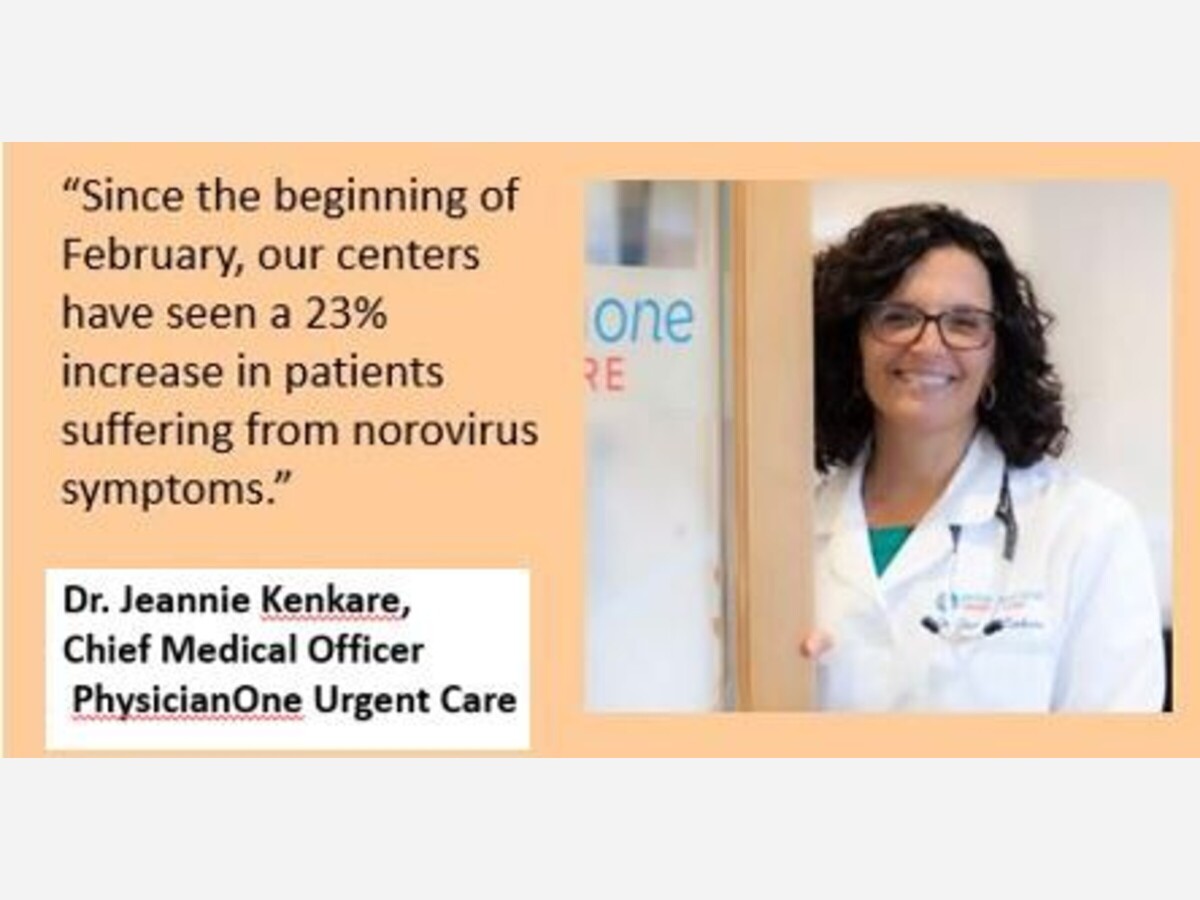Image

Some call it the stomach bug and some call it the stomach flu but no matter what you call it, norovirus cases continue to pop up in local communities at an increasing rate.
At the most recent Board of Health meeting, Public Health Nurse Alicia Sullivan, noted that norovirus is very contagious. And unlike a lot of foodborne illnesses, the symptoms can take up to a few days to manifest. “People have a common misconception that ‘it must have been the place I ate last night,’” said Sullivan.
“We've just been noticing an uptick nationally and we do respond to all cases that come through the system,” said Sullivan. She said she get notified whenever someone tests positive for norovirus. “Sometimes I'm notifying the doctors because I get the results before the doctors,” she explained.
“As students return to the classroom post-February break, it will be important for parents to keep an eye out for symptoms of norovirus, as this highly contagious virus has been circulating through local cities and towns, said Jeannie Kenkare, chief medical officer of PhysicianOne Urgent Care.
“Since the beginning of February, our centers have seen a 23% increase in patients suffering from norovirus symptoms such as nausea, vomiting and diarrhea,” she said. “This indicates to our team that given the highly contagious nature of norovirus, there could be a greater possibility of students contracting it once they return to school,” she added.
According to Kenkare, norovirus is usually contracted by touching a contaminated surface and then passing the germ to your eyes, nose, ears or mouth. Kenkare also noted that telehealth options can be helpful when norovirus is suspected.
*************
South of the Border
As if norovirus were not enough to worry about, just over the border public health officials in the Ocean State are monitoring a rise in very drug-resistant shigella infections that can cause severe bouts with inflammatory diarrhea. As with norovirus, the bacteria that causes shigella spreads easily.
It is an ailment that used to be confined mainly to small children, but now it is showing up in adults, according to the Rhode Island Department of Public Health.